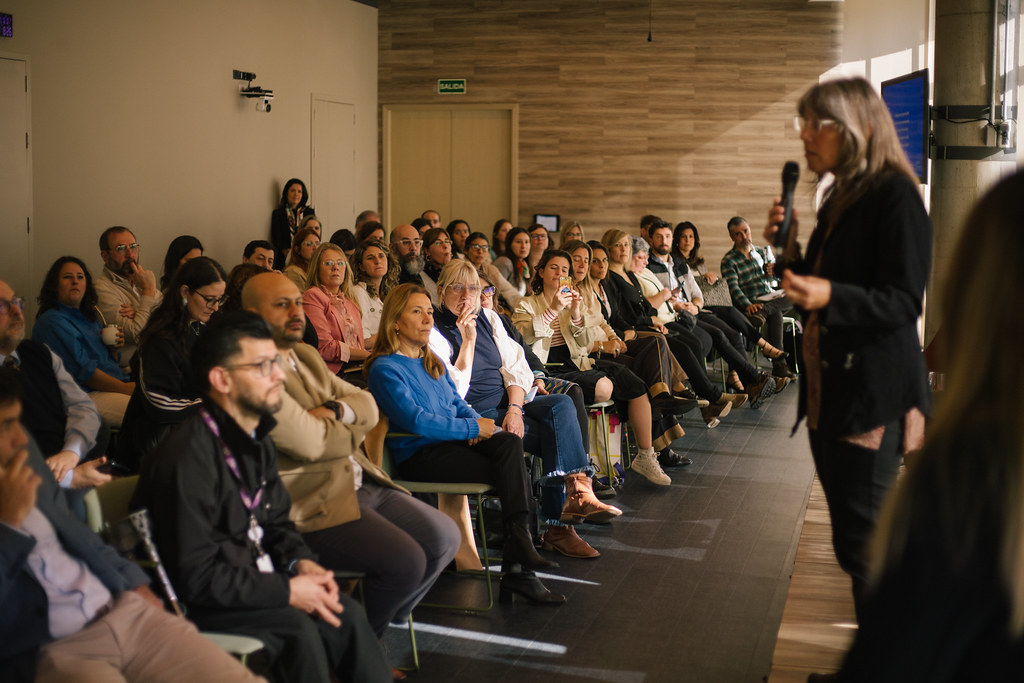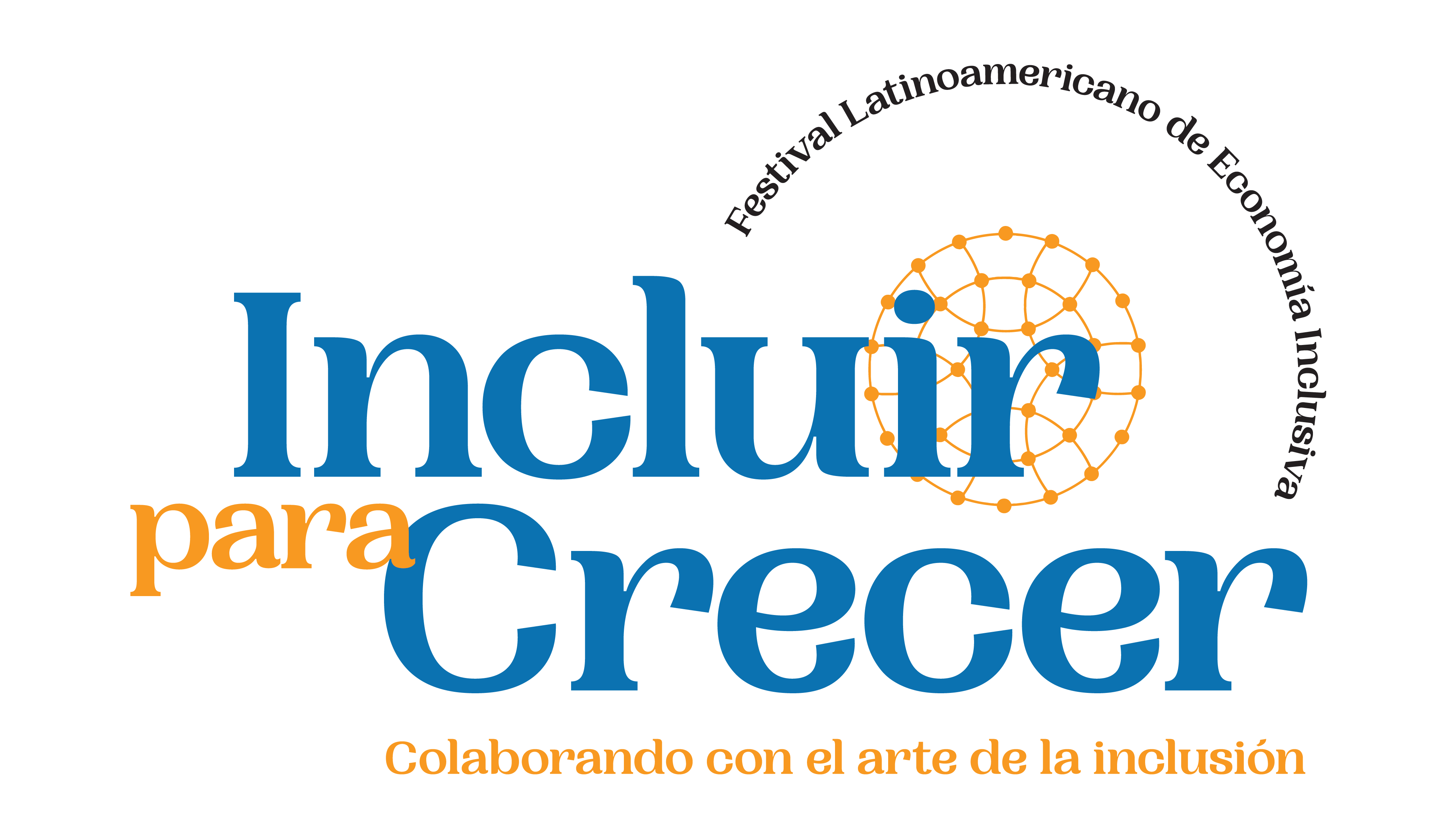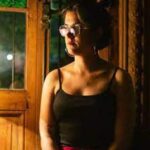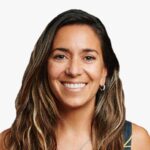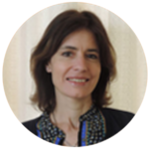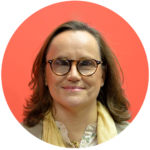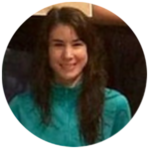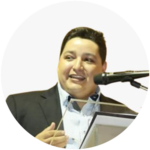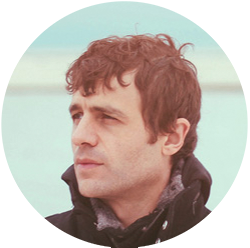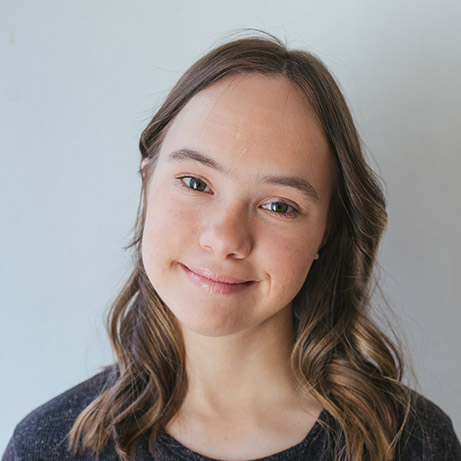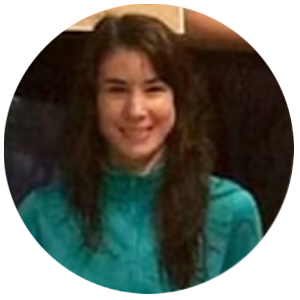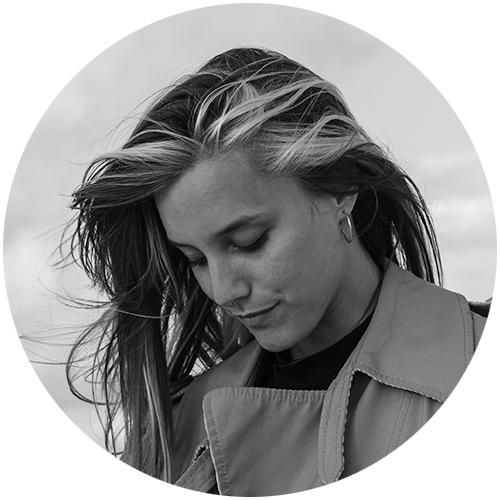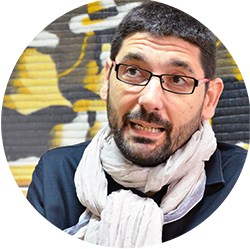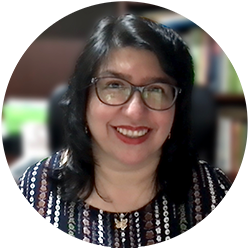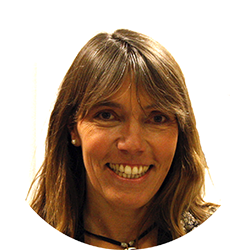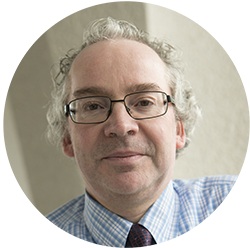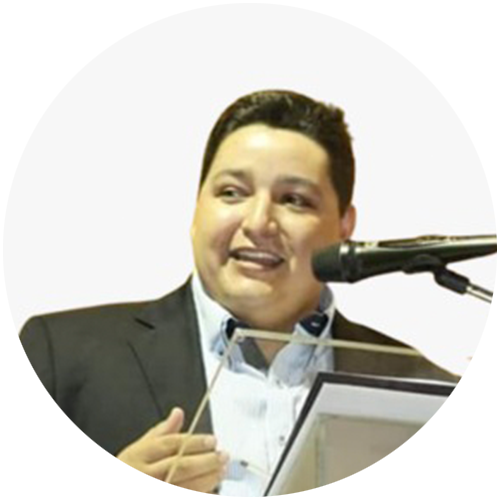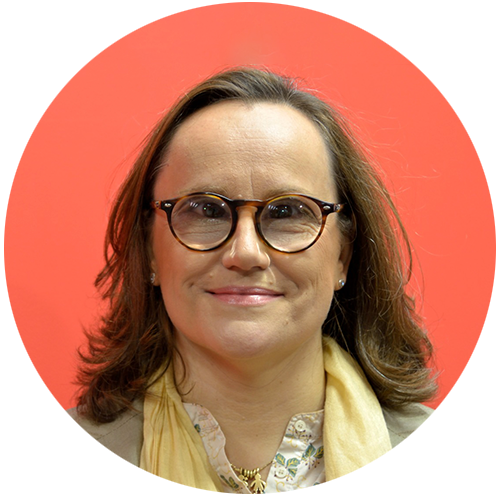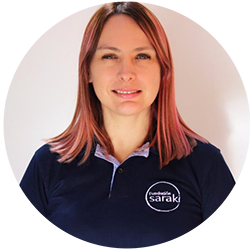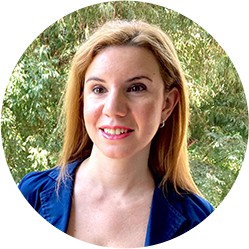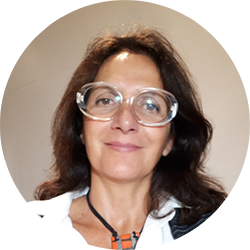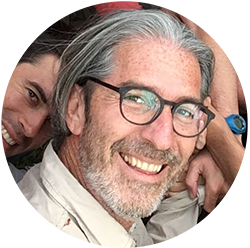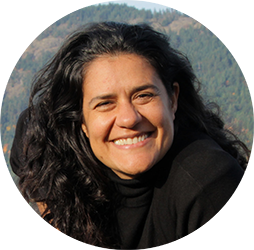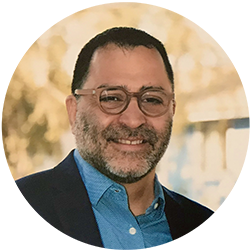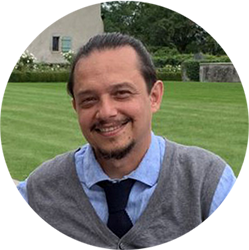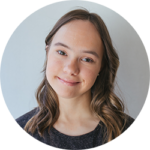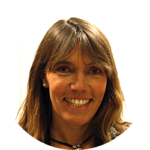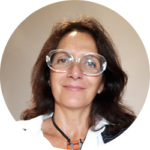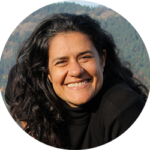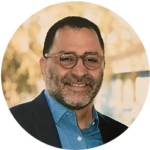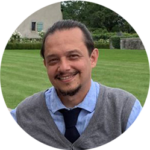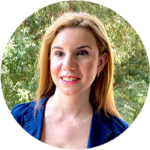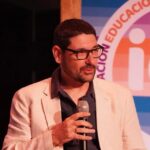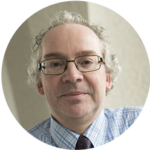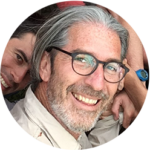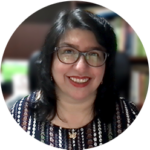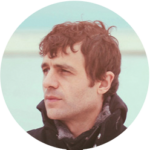“The power of attention is the true superpower of our time. Attention, when aligned with intention, can move mountains.” — Otto Scharmer
On Tuesday, August 26, on the 22nd floor of the WTC Free Zone, we held a new edition of the Meeting for Inclusion. The methodology guiding the space was Otto Scharmer’s Theory U: an approach to leading deep change processes that invites us to pause, observe with openness (attention), connect with the deepest part of our purpose (intention), and act from a new level of consciousness (agency).
Opening: inclusion as cultural transformation
The path toward inclusion cannot be understood as the mere incorporation of diverse people into already existing structures. It is about a deeper change: of those structures themselves, of the perspectives, and of subjectivities. If we observe an ecosystem, it’s easy to see that homogenization impoverishes; whereas diversity enriches and gives life (isn’t that one of the conclusions we reached with the expeditions in the Argentine and Uruguayan seas?). Caring for human biodiversity is as urgent as caring for environmental biodiversity: in both cases, what’s at stake is the possibility of sustaining life in common.
The Inclusive Economy Festival was born in 2020, in the midst of the pandemic, when we starkly discovered the fragility of many advances in equity. What seemed consolidated became vulnerable, revealing that changes cannot rely solely on favorable circumstances. The crisis taught us that we need transformations rooted both in solid structures and in conscious subjectivities. That is why inclusion is not just a policy or a program: it is a cultural process that requires us to revisit what we think, feel, and do day by day. And here Theory U offers us a key: to transform the future, we first must pause, look attentively at what lies before us, recognize from where we act, and allow something new to emerge.
Attention: listening with all our senses
In the first panel, State representatives shared advances and challenges in the inclusive agenda.
- Collette Spinetti Núñez, Secretary of Human Rights at the Presidency, opened with a powerful reflection: it is valuable to have spaces to talk about inclusion, but worrying that we still need laws to force us to respect rights that should be inherent. She presented the creation of the National Integrated Human Rights System, which will bring together public policies, legislation, and international agreements, accompanied by a public observatory. She also highlighted the drive behind awareness campaigns, reminding us that many violations occur in everyday life: in language, in gender roles, in the practices we naturalize. She emphasized that cultural changes are not immediate, but that they begin in the small. “First we are people. Then everything else,” she concluded.
- Mariana Chiquiar, National Deputy Director of Employment at the Ministry of Labor and Social Security, shared data that raise warnings about regressions in young people’s perceptions regarding diversity, gender, and disability. She reaffirmed that work is a key axis of inclusion because it dignifies, promotes autonomy, and builds coexistence. She noted that the Employment Promotion Law has had low effectiveness in hiring people with disabilities and that it is necessary to redesign instruments, simplify processes for MSMEs, and strengthen support. She presented programs such as “I Study and Work” and “Uruguay Impulsa,” which integrate training and employability. She stressed that public policies must be built “in dialogue with territories and civil society.”
- Federico Lezama, Director of Disability at the Ministry of Social Development, proposed the need to re-found public policy on disability, which until now has been fragmented and reactive. He announced the creation of the National Institute for the Rights of Persons with Disabilities, the formation of a National Board of Disability Policy at a supra-ministerial level, and a National Commission for the Participation of Persons with Disabilities. He advocated for an integral approach — one that articulates health, education, housing, employment, and transport — grounded in quality data. He also warned about the gap between discourse and practice, and proposed promoting a pedagogy of tenderness, based on respect, affectivity, and ethics as cultural pillars.
Intention: the “from where” in what we do
The second panel took us to a deeper level: to look at where what we do comes from, the “blind spot” of action. Theory U reminds us that it is not enough to design visible programs; what is decisive is the inner place from which we act.
- Ignacio Del, General Manager of WTC Free Zone Montevideo and WTC Punta del Este, spoke about the institution’s commitment to creating spaces that favor diversity and collaboration as part of its organizational culture.
- Lalo Fissore, founding partner of Reimpulso, shared the importance of rethinking alliances from a regenerative logic, where companies, rather than competing, co-construct solutions with real impact in communities.
- Laura Pastorini, Regional Leader of Development and Learning at the Presencing Institute, invited us to place vulnerability and belonging at the center as keys to authentic inclusion. She shared that real transformation happens when we dare to show ourselves as we are and build from there living learning communities. You can read her reflection in more detail here.
Agency: acting from awareness
The third panel focused on transformative action.
- Adriana Boschi, head of the People Area at Banco Itaú (Experience, Diversity, and Volunteerism), shared the bank’s experience in promoting diversity within its teams and connecting these practices with corporate volunteerism, showing that companies have a key role as agents of cultural change.
- Giselle Della Mea, designer and founder of 3Vectores, the first B Corporation in Uruguay, explained how innovation and design can open pathways toward fairer and regenerative business models, where inclusion becomes a creative and social advantage.
In that context, the IN Seal was introduced: a Latin American tool created by Fundación Saraki (Paraguay) together with persons with disabilities, experts and civil society. The Seal proposes a progressive path for public, private and educational organizations to advance toward inclusive cultures in five areas: human resources, accessibility, communication, value chain, and community.
During the meeting, seals were awarded to two Uruguayan companies, celebrating their progress and commitments in inclusion.
A closing in resonance
The morning left us with a shared lesson: inclusion is not a destination, it is a living process that demands three movements:
- Attention: to listen with all senses to all voices.
- Intention: to act from a deep purpose, connecting the individual with the collective.
- Agency: to bring that new awareness into practice and take action.
Theory U reminds us that real transformation is not about repeating the known, but about opening the mind, heart, and will to what the future wants to bring. Thus, inclusion ceases to be an add-on and becomes root: a way to heal as a society, to recognize ourselves in diversity, and to flourish in community.
In November we await an artistic intervention: a space for exchange, imagination, and living dialogue, with the intention of letting ourselves be permeated by the sensitive and putting creativity at the service of the worlds we dream of inhabiting. More information coming soon.
